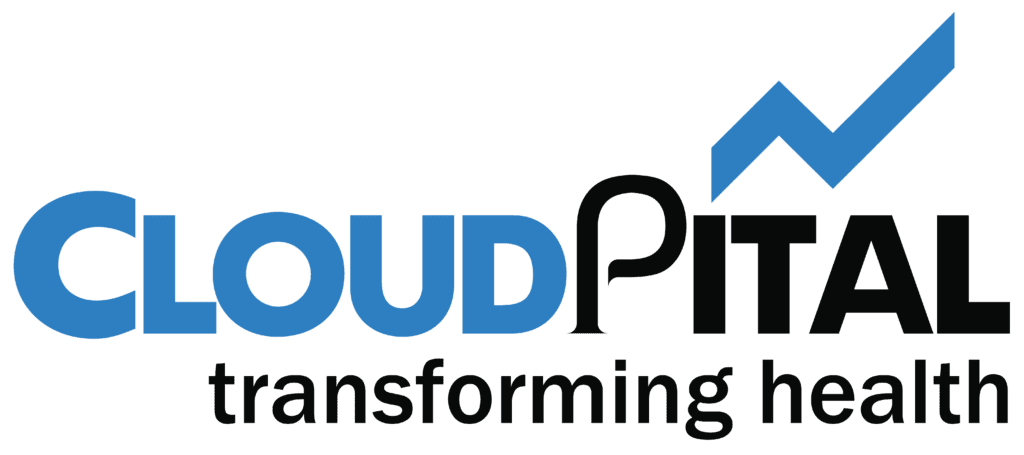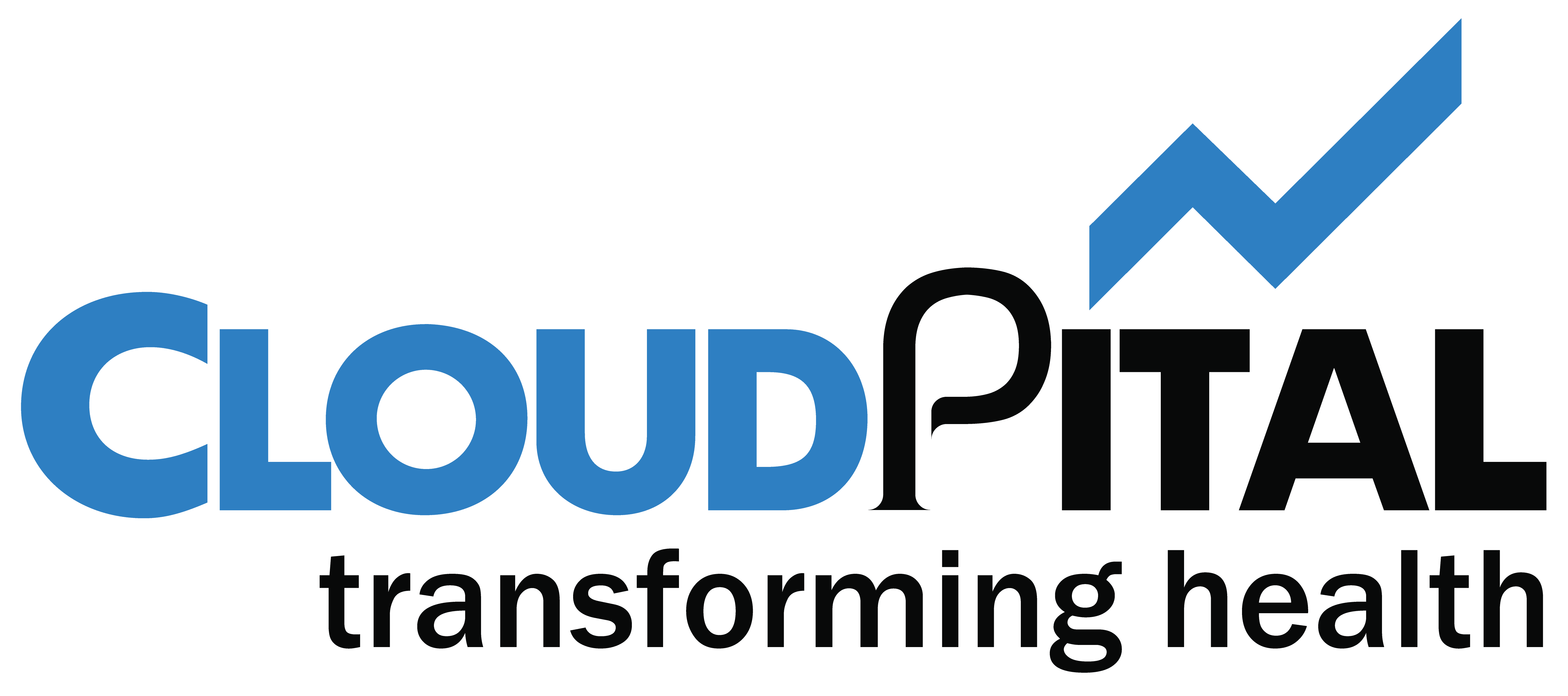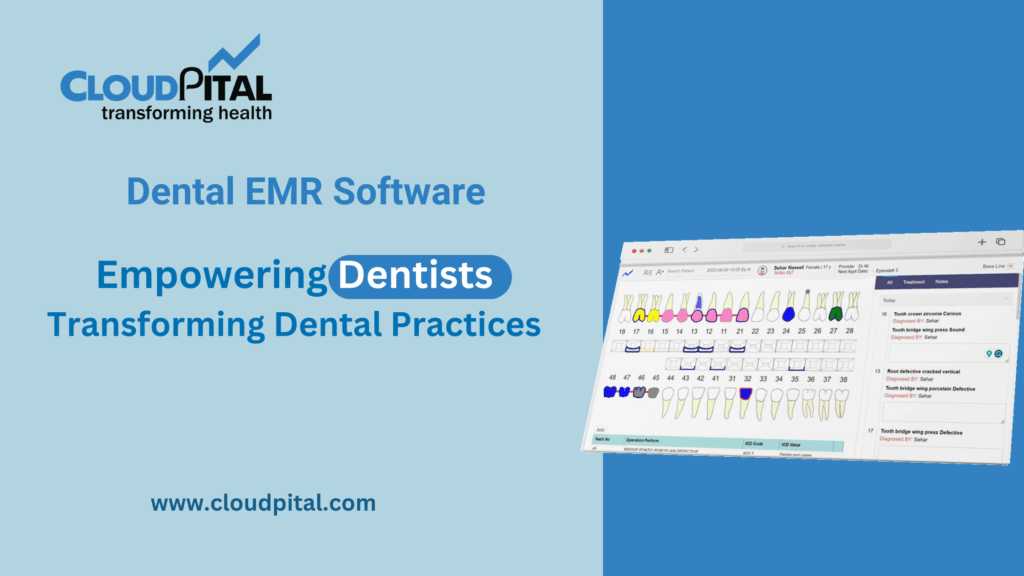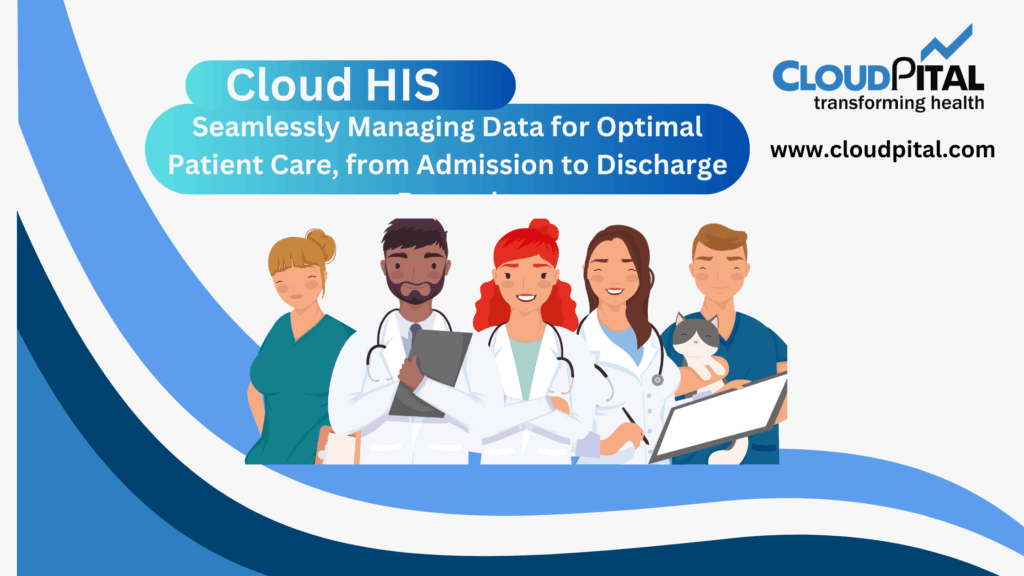Cloudpital # 1 is one of the top Healthcare Analytics Software has revolutionized the healthcare industry by leveraging data to improve patient care, optimize operational efficiency, and enhance decision-making. This software encompasses a range of applications that harness data from various sources, transforming it into actionable insights. In this article, we explore the diverse uses of healthcare analytics software and how it is reshaping the landscape of healthcare.
Click to Start Whatsapp Chatbot with Sales
Mobile: +966547315697
Email: sales@cloudpital.com
Cloudpital # 1 Healthcare Analytics Software

Improving Patient Care
One of the primary uses of Healthcare Analytics Software is to improve patient care. By analyzing data from electronic health records (EHRs), lab results, and other sources, healthcare providers can gain a comprehensive understanding of patient health and tailor treatments accordingly. Here are some ways in which analytics software enhances patient care:
- Personalized Medicine: Analytics tools can identify patterns in patient data, enabling personalized treatment plans that are tailored to individual needs and conditions. This approach improves treatment efficacy and patient outcomes.
- Early Detection and Prevention: Predictive analytics can identify patients at risk of developing certain conditions, such as diabetes or heart disease. Early detection allows for preventive measures, reducing the incidence of chronic diseases and associated healthcare costs.
- Clinical Decision Support: Real-time data analysis helps clinicians make informed decisions at the point of care. Decision support systems can alert providers to potential issues such as drug interactions, allergies, and abnormal lab results, enhancing patient safety.
Enhancing Operational Efficiency
Healthcare organizations face numerous operational challenges, including resource allocation, workflow management, and cost control. Healthcare analytics software addresses these issues by providing insights that drive efficiency improvements:
- Resource Allocation: Analytics tools can forecast patient volumes and resource needs based on historical data and current trends. This allows healthcare facilities to allocate staff, equipment, and beds more effectively, reducing bottlenecks and wait times.
- Process Optimization: By analyzing workflow data, healthcare organizations can identify inefficiencies and areas for improvement. For example, analytics can reveal delays in patient discharge processes, leading to interventions that streamline operations and improve patient throughput.
- Cost Management: Financial analytics tools help healthcare organizations track expenses, revenue cycles, and financial performance. By identifying areas of overspending or revenue leakage, organizations can implement cost-saving measures without compromising care quality.
Supporting Population Health Management
Population health management focuses on improving health outcomes for specific groups of people. Healthcare analytics software plays a crucial role in this area by aggregating and analyzing data from diverse sources:
- Risk Stratification: Analytics tools can segment populations based on risk factors, such as age, socioeconomic status, and medical history. This stratification allows healthcare providers to prioritize interventions for high-risk groups, improving overall population health.
- Chronic Disease Management: For patients with chronic conditions, Healthcare Analytics Software can track and monitor key health indicators. This continuous monitoring supports proactive management and timely interventions, reducing hospital admissions and improving quality of life.
- Health Trends and Patterns: By analyzing large datasets, healthcare organizations can identify emerging health trends and patterns. This information is valuable for public health initiatives, disease surveillance, and policy-making.

Facilitating Research and Development
Medical Solutions is instrumental in advancing medical research and development. It enables researchers to analyze vast amounts of data quickly and accurately, leading to new insights and innovations:
- Clinical Trials: Analytics tools can streamline the recruitment and monitoring of participants in clinical trials. By identifying eligible candidates and tracking their progress, researchers can accelerate the development of new treatments and therapies.
- Genomic Research: The integration of analytics software with genomic data allows for the exploration of genetic factors in disease. This research can lead to breakthroughs in personalized medicine and targeted treatments.
- Epidemiological Studies: Analytics software supports epidemiological studies by providing tools to analyze the spread and impact of diseases. This information is crucial for developing effective public health strategies and interventions.
Enhancing Regulatory Compliance and Reporting
Healthcare organizations must comply with numerous regulations and reporting requirements. Healthcare analytics software simplifies compliance and reporting processes by automating data collection, analysis, and submission:
- Regulatory Reporting: Analytics tools can generate reports required by regulatory bodies, such as the Centers for Medicare & Medicaid Services (CMS) and the Food and Drug Administration (FDA). These reports ensure compliance with standards and facilitate audits.
- Quality Metrics: Healthcare analytics software tracks and reports on key performance indicators (KPIs) related to patient safety, quality of care, and clinical outcomes. This monitoring helps organizations maintain high standards and identify areas for improvement.
- Data Security and Privacy: Ensuring data security and privacy is critical in healthcare. Analytics software helps organizations comply with regulations such as the Health Insurance Portability and Accountability Act (HIPAA) by providing tools for monitoring and protecting sensitive information.
Improving Financial Performance
Financial stability is essential for the sustainability of healthcare organizations. Healthcare analytics software enhances financial performance by providing insights into revenue cycles, billing processes, and cost management:
- Revenue Cycle Management: Analytics tools can optimize revenue cycle processes, such as billing and claims management. By identifying and addressing issues such as denied claims and delayed payments, organizations can improve cash flow and reduce revenue loss.
- Cost Analysis: Financial analytics tools help healthcare organizations analyze costs related to staffing, supplies, and services. This analysis supports strategic planning and budgeting, enabling organizations to allocate resources more effectively.
- Financial Forecasting: Predictive analytics can forecast financial performance based on historical data and current trends. This foresight helps organizations anticipate financial challenges and opportunities, supporting long-term sustainability.
Supporting Telemedicine and Remote Care
The rise of telemedicine and remote care has been accelerated by advancements in healthcare analytics software. These tools facilitate the delivery of care to patients regardless of their location:
- Remote Monitoring: Analytics software integrates with wearable devices and remote monitoring tools to collect and analyze patient health data in real-time. This continuous monitoring supports proactive care and timely interventions, particularly for patients with chronic conditions.
- Virtual Consultations: Telemedicine platforms equipped with analytics capabilities enable virtual consultations between patients and providers. These platforms can analyze patient data during consultations, providing insights that enhance clinical decision-making.
- Patient Engagement: Healthcare analytics software can track and analyze patient engagement metrics, such as adherence to treatment plans and participation in virtual visits. This information helps healthcare providers tailor their approaches to improve patient engagement and outcomes.
Enhancing Patient Experience and Satisfaction
Patient experience and satisfaction are critical components of quality healthcare. Medical EMR Software helps organizations understand and improve the patient experience:
- Patient Feedback Analysis: Analytics tools can process and analyze patient feedback from surveys, reviews, and social media. This analysis provides insights into patient perceptions and identifies areas for improvement in care delivery and patient services.
- Personalized Communication: By analyzing patient data, healthcare organizations can personalize communication and engagement strategies. Personalized reminders, educational materials, and follow-up messages improve patient satisfaction and adherence to care plans.
- Wait Time Reduction: Analytics software can identify and address factors contributing to long wait times. By optimizing scheduling and resource allocation, healthcare organizations can reduce wait times and enhance the overall patient experience.
Conclusion
Healthcare analytics software is a powerful tool that transforms data into actionable insights, driving improvements across various aspects of healthcare. From enhancing patient care and operational efficiency to supporting research and development, these tools have a profound impact on the healthcare industry. By leveraging the capabilities of healthcare analytics software, organizations can navigate the complexities of modern healthcare, improve patient outcomes, and achieve financial sustainability.
As technology continues to advance, the role of healthcare analytics software will only grow, offering new opportunities for innovation and improvement. Investing in these tools and fostering a data-driven culture will be essential for healthcare organizations seeking to thrive in an increasingly data-centric world.
Click to Start Whatsapp Chatbot with Sales
Mobile: +966547315697
Email: sales@cloudpital.com
Healthcare Analytics Software
Healthcare Analytics Software
Healthcare Analytics Software
What are the uses of Healthcare Analytics Software? similar software solutions prices were updated on 2025-07-11T05:41:07+00:00 in Saudi Arabia in Mecca, Medina, Riyadh, Khamis Mushait, Yanbu, Jeddah, Dammam, Unaizah, Uqair, Ha’il, Ta if, Al Bahah, Dhahran, King Abdullah Economic City, Najran, Diriyah, Qatif, Khafji, Jubail, Abqaiq, List of Cities and Towns in Saudi Arabia, Ras Tanura, Turubah, Jazan Economic City, Knowledge Economic City, Medina, Khobar, Abha, Tabuk, Saudi Arabia, similar software solutions prices were updated on 2025-07-11T05:41:07+00:00 We also provide in Saudi Arabia services solutions company in Hafar Al-Batin, Udhailiyah, Al-Awamiyah, Hofuf, Hautat Sudair, Buraidah, Tayma, Duba, ‘uyayna, Saihat, Al-Kharj, Al-ula, Jizan, Rumailah, Ar Rass, Arar, Shaybah, Al Majma’ah, Rabigh, Dhurma, Haradh, List of Saudi Cities by Gdp Per Capita, Badr, Sudair Industrial City, Baljurashi, Shaqraa, Al-Khutt, Habala, Ad Dawadimi, Dawadmi, Layla, similar software solutions prices were updated on 2025-07-11T05:41:07+00:00 Price is SAR 100 and this was updated on updated on 2025-07-11T05:41:07+00:00 similar What are the uses of Healthcare Analytics Software? software solutions prices were updated on 2025-07-11T05:41:07+00:00 in Saudi Arabia in Haql, Afif, Al-Abwa, Farasan, Al-Jaroudiya, Thadig, Al-Thuqbah, Al Wajh, Almardmah, Al-Zilfi, Muzahmiyya, Prince Abdul Aziz Bin Mousaed Economic City, Tharmada’a, Skaka, Um Al-Sahek, Sharurah, Tanomah, Bisha, Dahaban, Al Qunfudhah, Qurayyat, Saudi Arabia, Ha’ir, as Sulayyil, Al Lith, Turaif, Al-Gway’iyyah, Samtah, Wadi Ad-Dawasir, Az Zaimah, Safwa City, Jalajil, Harmah, Mastoorah, Hotat Bani Tamim, Jabal Umm Al Ru’us, Rafha, Qaisumah, Al-Ghat, Hajrah, Al-Hareeq. Excerpt: Jeddah (also spelled Jiddah, Jidda, or Jedda; Arabic: Jidda) is a Saudi Arabian city located on the coast of the Red Sea and is the major urban center of western Saudi Arabia similar software solutions prices were updated on 2025-07-11T05:41:07+00:00 Price is SAR 100 and this was updated on updated on 2025-07-11T05:41:07+00:00
20-5-2024




